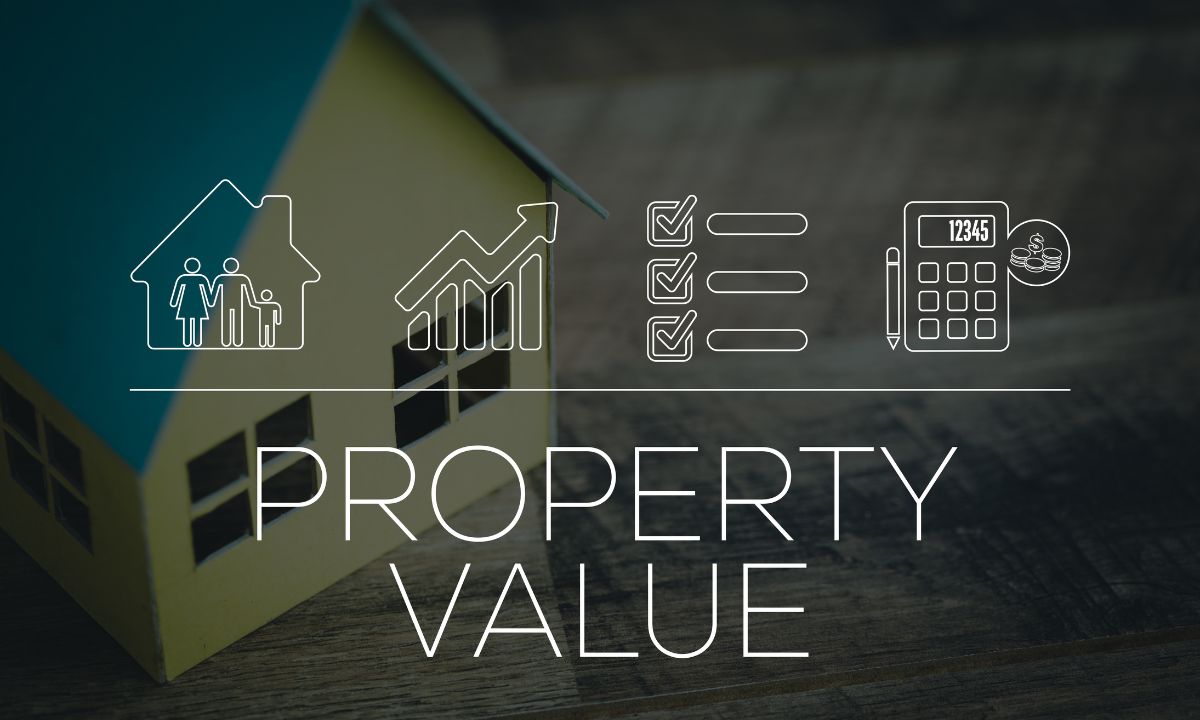 As our world becomes increasingly conscious of sustainability, it’s crucial to understand how the environment can shape the value of your home or potential investment. Let’s explore the various ways in which environmental factors play a significant role in the real estate market.
As our world becomes increasingly conscious of sustainability, it’s crucial to understand how the environment can shape the value of your home or potential investment. Let’s explore the various ways in which environmental factors play a significant role in the real estate market.
Location, Location, Eco-location:
The old adage “location, location, location” takes on a new dimension when considering environmental factors. Proximity to parks, nature reserves, and green spaces can significantly enhance property values. Homebuyers are increasingly seeking homes in areas with a strong connection to nature, promoting a healthier and more sustainable lifestyle.
Climate Change and Extreme Weather:
With the escalating impact of climate change, the vulnerability of properties to extreme weather events is a growing concern. Homes located in areas prone to flooding, hurricanes, or wildfires may experience a decline in value as the frequency and intensity of these events increase. Buyers and sellers alike need to factor in the potential risks associated with climate-related hazards.
Energy Efficiency and Sustainability:
Green homes are on the rise, and so is the demand for energy-efficient properties. Homes equipped with solar panels, energy-efficient appliances, and sustainable construction materials not only contribute to a healthier planet but also command higher property values. Buyers recognize the long-term cost savings associated with eco-friendly features, making these properties more appealing.
Air and Water Quality:
Clean air and water are fundamental to a healthy living environment. Areas with high air pollution or water contamination issues may experience a decline in property values. Conversely, regions known for their immaculate air and water quality become sought-after locations, reflecting positively on home values.
Environmental Regulations and Zoning:
Government policies and regulations aimed at preserving natural habitats and controlling development can have a significant impact on property values. Zoning laws that restrict certain types of construction or protect green spaces contribute to a more attractive living environment, positively affecting nearby property values.
Transportation and Commuting:
Access to efficient public transportation or proximity to job centers can influence property values. As the world shifts towards sustainable transportation options, homes located near public transit or in walkable neighborhoods may experience increased demand and higher values.
In the ever-evolving landscape of real estate, understanding the interplay between environmental factors and property values is crucial. Whether you’re a prospective homebuyer, seller, or investor, recognizing the impact of eco-friendly features, climate considerations, and regulatory environments can empower you to make informed decisions. As we move towards a greener future, the connection between the environment and real estate values will undoubtedly continue to shape the way we live and invest.
 With the release of the CPI and PPI we received a clearer picture of what’s ahead. With the inflation numbers for CPI (Consumer Price Index) arriving a bit warmer than expected, there was some speculation that it could cause some hesitation from the Federal Reserve on reducing rates for this year.
With the release of the CPI and PPI we received a clearer picture of what’s ahead. With the inflation numbers for CPI (Consumer Price Index) arriving a bit warmer than expected, there was some speculation that it could cause some hesitation from the Federal Reserve on reducing rates for this year. Martin Luther King Jr. Day serves as a touching reminder of the permanent mark left by one of the most influential figures in the American civil rights movement. This day is more than just a public holiday; it’s a celebration of the enduring values of equality, justice, and the ongoing pursuit of a more inclusive society.
Martin Luther King Jr. Day serves as a touching reminder of the permanent mark left by one of the most influential figures in the American civil rights movement. This day is more than just a public holiday; it’s a celebration of the enduring values of equality, justice, and the ongoing pursuit of a more inclusive society. Home is where the heart is, and it’s also where you should feel the safest. Ensuring the security of your home has never been more attainable. Home security systems have evolved from simple locks and alarms to sophisticated, interconnected networks that provide round-the-clock protection. We will explore the latest innovations and timeless strategies to keep your home safe and secure.
Home is where the heart is, and it’s also where you should feel the safest. Ensuring the security of your home has never been more attainable. Home security systems have evolved from simple locks and alarms to sophisticated, interconnected networks that provide round-the-clock protection. We will explore the latest innovations and timeless strategies to keep your home safe and secure. The real estate market is governed by many legalities, and understanding the legal framework is crucial to a smooth transaction. There are three key components of the real estate legal process: contracts, disclosures, and closing procedures.
The real estate market is governed by many legalities, and understanding the legal framework is crucial to a smooth transaction. There are three key components of the real estate legal process: contracts, disclosures, and closing procedures. Title insurance is a necessary component of real estate transactions, playing a pivotal role in safeguarding the interests of buyers, sellers, and lenders. While it might not be as prominent as other aspects of the real estate process, its significance cannot be overstated. We will examine the essential role of title insurance and explore why it is a vital component of real estate transactions.
Title insurance is a necessary component of real estate transactions, playing a pivotal role in safeguarding the interests of buyers, sellers, and lenders. While it might not be as prominent as other aspects of the real estate process, its significance cannot be overstated. We will examine the essential role of title insurance and explore why it is a vital component of real estate transactions.